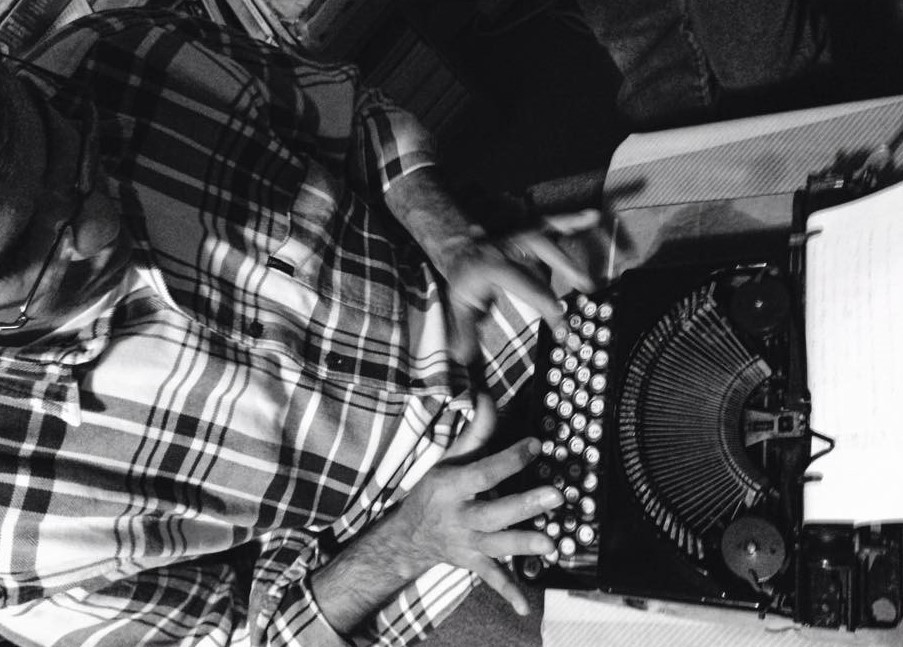By Víctor Manuel Ramos
Newsday (c) June 15, 2016
ORLANDO, Florida — Before gunfire erupted early Sunday, the predominant sounds filling the air at Pulse Orlando had been the festive stylings of salsa and other Latin dance rhythms.
It was Gay Pride Month, also the time of pre-summer days when Puerto Ricans celebrate their heritage in the United States, and it was Latin night at the small venue in the urban and increasingly trendy SoDo neighborhood of Orlando.
That confluence of events and places meant that the people who were shot by the gunman were mostly gay Latinos — many of them Puerto Ricans who have flocked to this part of Central Florida seeking opportunity but also trying to find a community that would fully embrace them.
Dominicans, Mexicans and Venezuelans — all immigrant communities that have grown recently in Florida — also were among the patrons killed or injured when a gunman forever altered the club’s beat, shooting more than 100 people, nearly half of them fatally.
Zoé Colón, director of Florida and Southeast operations for the Hispanic Federation, said 23 of the shooting victims who died were confirmed to be Puerto Ricans, and the great majority were Latinos.
It’s why she’s helping launch an effort called “Somos Orlando,” bringing together 30 community groups to offer culturally competent outreach to affected families and, hopefully, “start some conversation about gender identity and sexuality in our community.”
Speaking before the thousands at a Monday vigil who mourned the deaths of 49 victims, Carlos Guillermo Smith, a Latino gay activist with Equality Florida, called the shootings “a horrific attack intended to send a message of hate against all Latinos and the LGBT people” and he said the families that experienced loss “looked like my family.”
The coming together of those two minority groups may have surprised some in Orlando, but not those observing the movement of Puerto Ricans from the island to the peninsula.
Many lesbian, gay, bisexual and transgender people also have sought out Central Florida to escape a climate where they’re not fully accepted.
One political party recently opposed marriage equality efforts in Puerto Rico, the island’s representative in Congress opposed gender-neutral bathrooms and many on the island still find it acceptable to joke about and “question somebody’s manhood” or sexual identity, said Fernando Rivera, an associate sociology professor at the University of Central Florida who teaches on gender issues in the Latino community.
“Orlando became this haven or safe space for Puerto Ricans coming from the island,” Rivera said. “For a lot of the LGBT community, they come here and they have acceptance.”
Adding to the hurt, Rivera said, will be the conflicting emotions of relatives from families of conservative leanings who found out about their loved one’s sexual identity while coping with loss or injury.
“We’re just turning the page in terms of acceptance” among Puerto Ricans and other Latino families, Rivera said.
Nancy Rosado, a social worker who is vice-president of Puerto Rican advocacy group Misión Boricua in Orlando, had to steel herself to not break into sobs as she helped read the names of the 49 who were killed at the Monday vigil.
As a gay person proud of her Puerto Rican heritage, Rosado felt sadness, pain and, in some other sense, the realization that the tragedy brought together her two communities.
The shootings lay bare “many layers of grief” for both communities, she said.
“Both groups are feeling the same pain and dealing with the same emotions,” said Rosado, “because in the end we are all human beings.”
As far as Corey Lyons is concerned, though, Orlando’s Latinos are not alone in their pain.
Lyons, president of LGBT advocacy group Impulse Orlando and a volunteer at the GLBT Community Center of Central Florida, this attack touched all of his community.
“Homosexuality was targeted,” Lyons said. “You know, it was Latin night but all reports currently state . . . that the gunman was upset about homosexuality. It was not Latin homosexuality.”
And he added: “All of these different type of subsets of who we are are fully affected by this. . . . We are all one as an LGBTQ community.”
Guillermo Smith, who is of mixed Peruvian and French-Canadian heritage, said he’s encouraged not only by the outpouring of support from Floridians of all backgrounds and persuasions, but also by the fact that even protestant Hispanic churches that have countered LGBTQ equality efforts have joined a coalition of groups offering support.
In a way, it seems as if the magnitude of the loss has both exposed a vibrant LGBT community that is not going away and softened many hearts to a new dialogue.
“The tragedy was a wake-up call that rhetoric and words matter in our community,” Guillermo Smith said.
Clubs like Pulse have served as “a refuge from society, from prejudice and from judgment,” said Herb Sosa, a Cuban-American advocate with the Miami-based Unity Coalition, an advocacy group on LGBT issues.
“If there’s anything to come out of this, specifically for the Latino community and for families, is ‘Be accepting, be accepting,’ ” Sosa said. “None of us know how long we’ll be around” and, maybe, have the last chance to see and hug a loved one.


